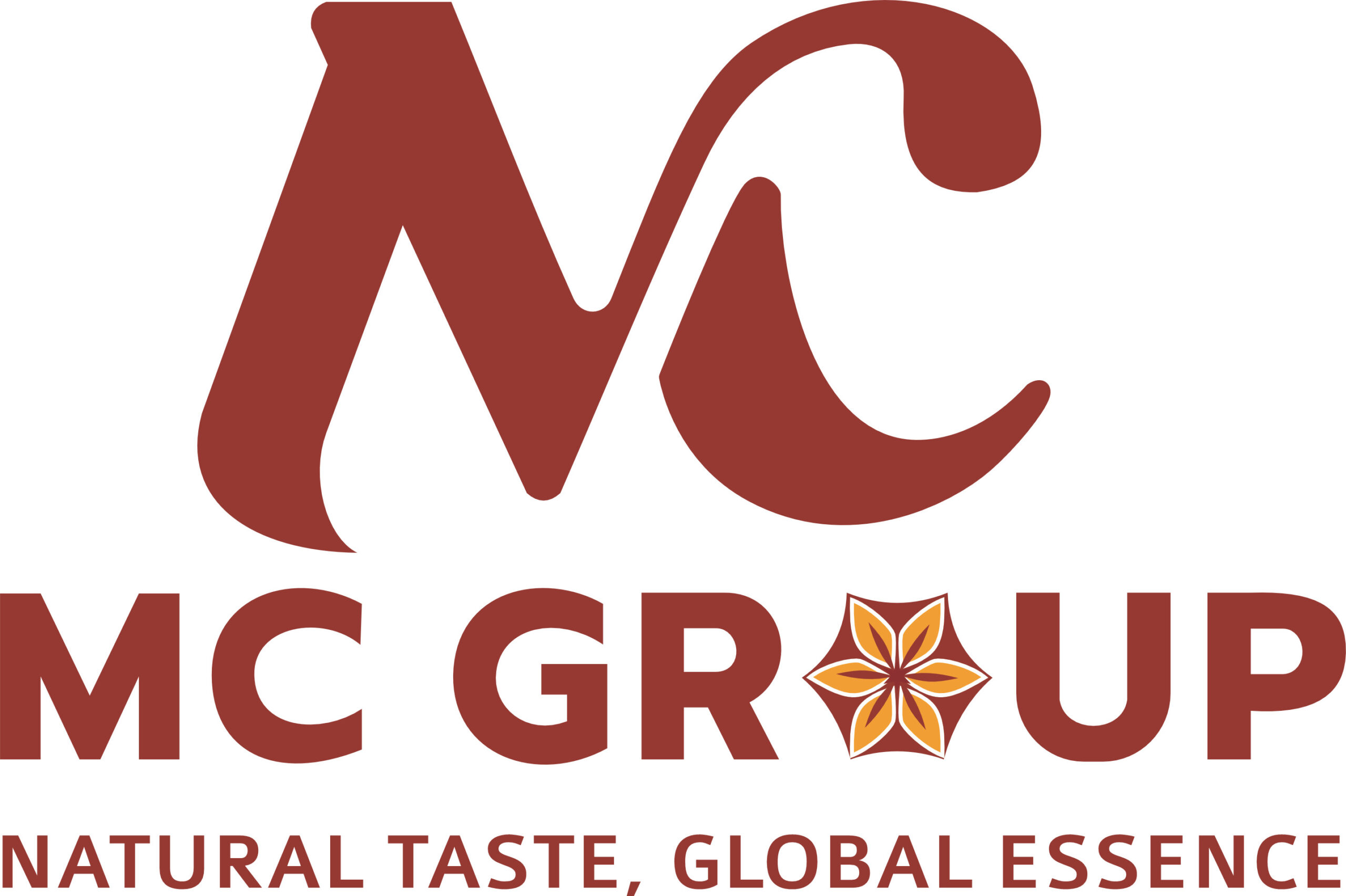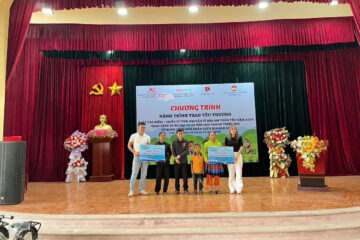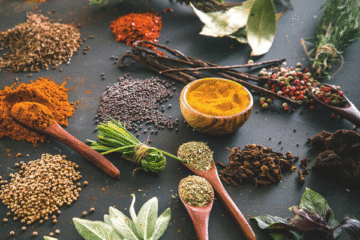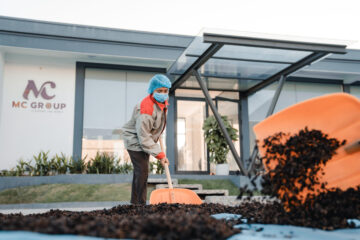Sustainability is no longer a choice in the global food supply chain – it is a necessity. Consumers, retailers, and importers around the world increasingly demand products that are not only safe and high in quality but also produced with minimal environmental impact. For MC Agri Group, a leading Vietnamese exporter of spices and agricultural products, this responsibility is at the heart of our mission.
From the very beginning, MC Agri Group has set a clear path: to deliver premium organic spices while embracing practices that lower greenhouse gas (GHG) emissions across the entire production cycle. This article explores how the company achieves international organic standards and reduces its carbon footprint, ensuring long-term value for customers, farmers, and the planet.
1. Commitment to Organic Standards from Farm to Fork
Earning organic certification is not a simple process. It requires years of preparation, investment, and continuous monitoring. At MC Agri Group, achieving organic standards is both a business strategy and a moral commitment.
Farmer partnerships: We work closely with local farming communities to transition from conventional cultivation to organic farming. Farmers receive training on soil management, natural pest control, and crop rotation to restore soil health.
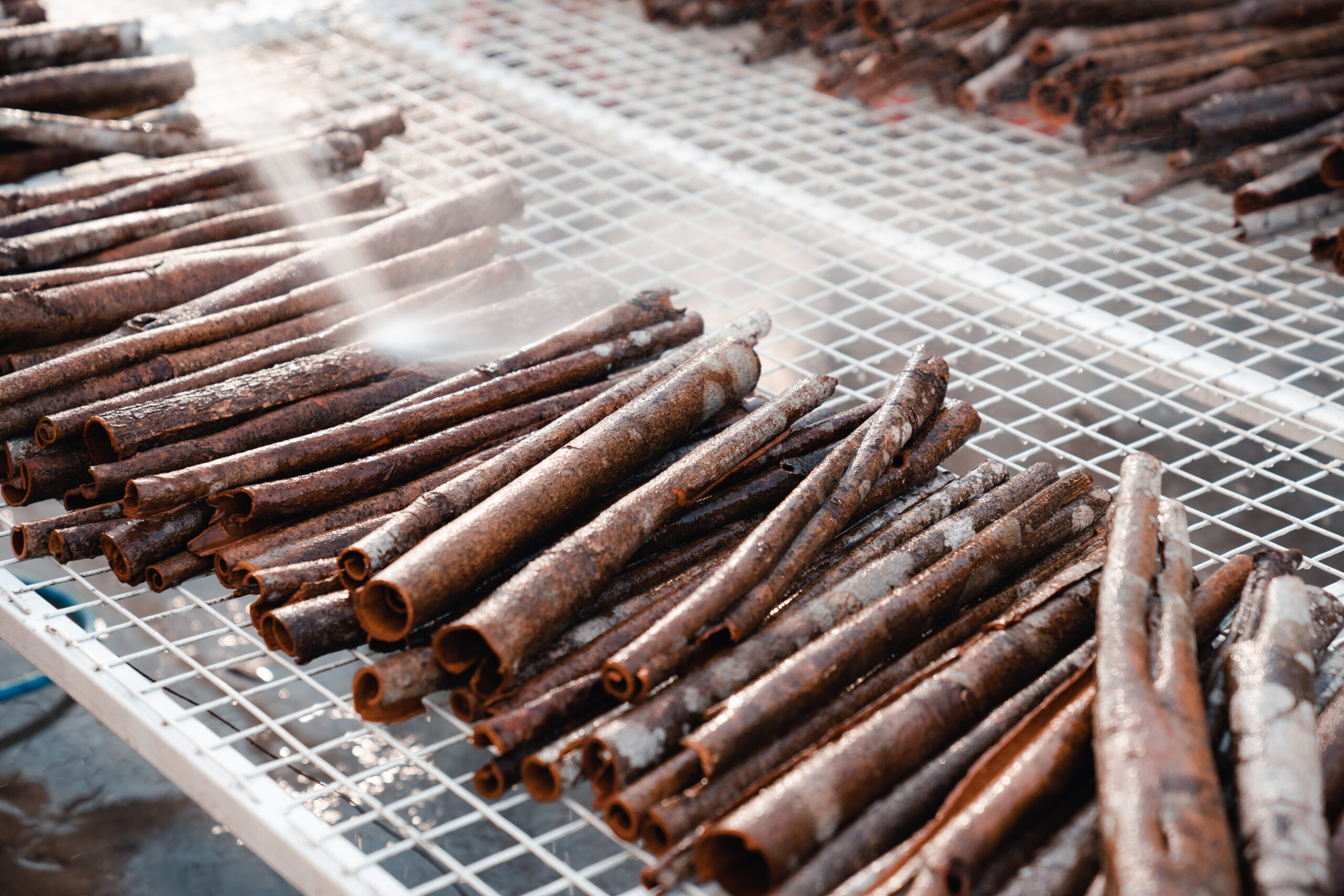
Strict input control: Only organic-approved seeds and natural fertilizers are used. Chemical pesticides, synthetic herbicides, and genetically modified organisms (GMOs) are strictly prohibited.
Traceability and transparency: Each batch of spices is carefully documented from planting to harvest, processing, and export. Customers can trace the origin of their products with confidence.
International certifications: Many of our key products, such as black pepper, cinnamon, star anise, ginger, and turmeric, are certified under USDA Organic and EU Organic standards, recognized globally as benchmarks of quality and compliance.
Organic farming is more than a label. It represents the dedication of thousands of farmers and the ongoing investment of MC Agri Group in sustainable agriculture.
2. Reducing Greenhouse Gas Emissions in Production
While organic farming ensures the elimination of harmful chemicals, sustainability goes further. MC Agri Group actively seeks to reduce GHG emissions across its operations, addressing climate change challenges head-on.
Renewable energy use: In spice drying and processing, renewable energy sources and energy-efficient technologies are applied to reduce dependence on fossil fuels.
Sustainable logistics: By consolidating shipments, optimizing routes, and using eco-friendly packaging, the company reduces emissions in transportation and distribution.
Agricultural by-product recycling: Instead of discarding spice by-products, MC Agri Group transforms them into biofuel or organic compost. This circular approach reduces waste and lowers methane emissions from decomposition.
Regenerative agriculture: Techniques such as intercropping, cover cropping, and compost application not only improve soil fertility but also enhance the soil’s ability to capture and store carbon – a natural solution to reducing atmospheric CO₂.
Through these measures, MC Agri Group demonstrates that sustainable growth can go hand-in-hand with environmental responsibility.
3. Benefits for Customers and Communities
Our sustainability strategy brings tangible benefits for both business partners and local communities:
For international customers: Importers and distributors can rely on consistent quality, full traceability, and compliance with strict organic standards. This builds trust and aligns with global consumer trends toward healthier and greener products.
For farming communities: By supporting farmers in adopting organic practices, MC Agri Group helps them secure better market access and higher, more stable incomes. Farmers are not just suppliers but long-term partners in a sustainable value chain.
For global society: Every effort to reduce GHG emissions contributes to climate change mitigation. Customers who choose MC Agri products are not only purchasing organic spices but also supporting environmental stewardship and social impact.
4. Challenges and Future Directions
Transitioning to organic farming and reducing GHG emissions is not without challenges. Certification requires continuous auditing, and sustainable farming often means lower yields compared to conventional practices. However, MC Agri Group believes that the long-term benefits far outweigh the short-term difficulties.
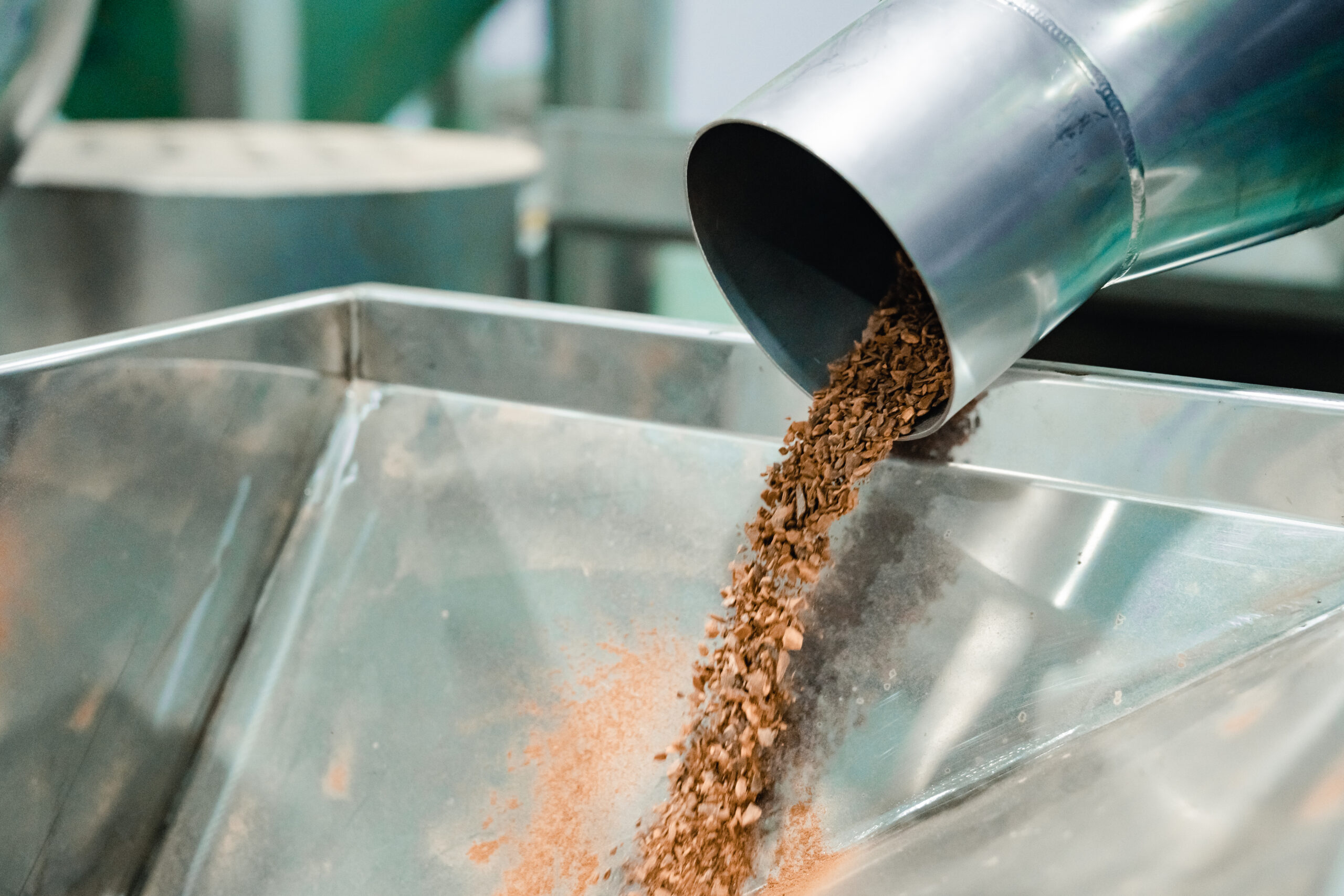
Looking forward, the company aims to:
- Expand the range of organic-certified spices and agricultural products.
- Increase investment in renewable energy and green processing facilities.
- Strengthen partnerships with global buyers who share the same vision of sustainability.
- Continue to innovate in regenerative farming, bringing cutting-edge knowledge to local farmers.
In a world where environmental impact is becoming a central concern for consumers and businesses alike, MC Agri Group stands out as a responsible and forward-looking partner. By achieving internationally recognized organic certifications and actively reducing greenhouse gas emissions, the company delivers not only premium-quality Vietnamese spices but also a powerful message: sustainability is possible, practical, and profitable when done with commitment.
For our customers, every shipment of organic spices from MC Agri Group represents more than flavor – it represents trust, transparency, and a shared vision of a healthier planet.
